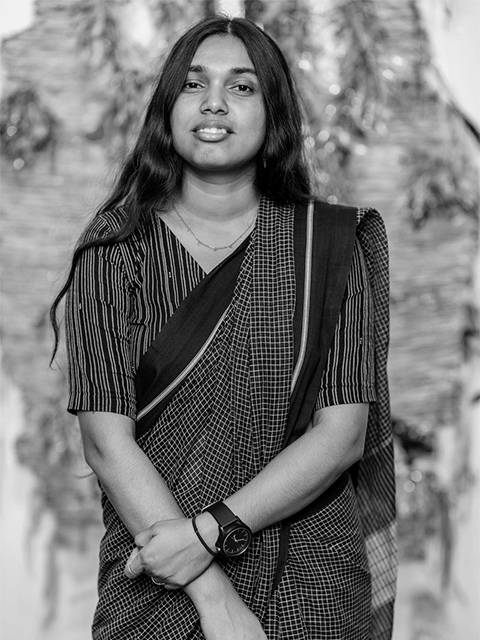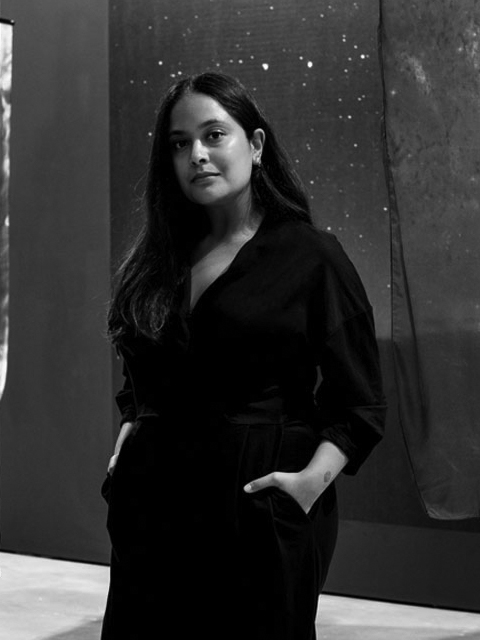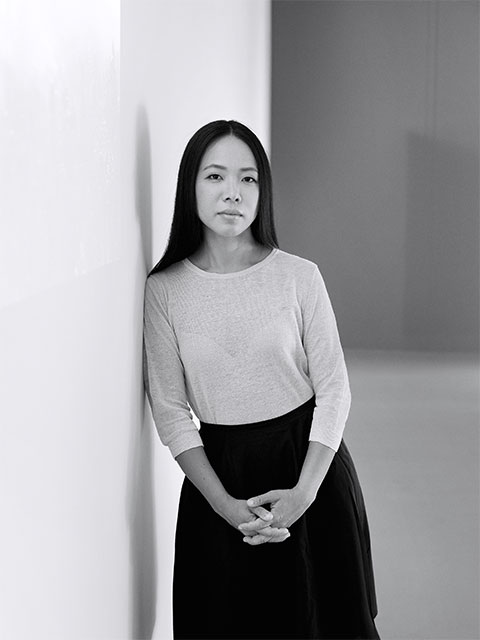Collage and the archive serve as sites of resistance and remembrance, offering ways to confront histories of conflict, migration and colonial power. This conversation explores how artists use layered visual languages to preserve memory and reimagine identity as something shaped by both inherited and lived experience.
Arpita Akhanda and Sim Chi Yin each draw on the material and emotional traces of place to explore how histories endure. Akhanda weaves together layers of maps and images of her grandparents, grappling with intergenerational memories, family archives and the cartography of colonialism. Sim engages with the afterlives of colonialism and conflict in China and Southeast Asia, using photography and moving image to probe the instability of archives and the legacies of trauma that reverberate through time. Together, their practices consider how forms of montage can visualise dissent, give form to absence and reveal untold stories.
The discussion will be chaired by Bindi Vora, Senior Curator at Autograph and curator of I Still Dream of Lost Vocabularies, Autograph’s major exhibition exploring collage, political erasure and the poetics of reconstruction.

Arpita Akhanda is a multidisciplinary artist whose practice explores the relationship between present experiences and historical trauma, particularly the legacy of displacement during the partition of India.
Working across paper weaving, performance, installation, drawing and video, she views the body as a "memory collector," where post-memorial experiences are mediated through recreation and projection.
Three of Akhanda’s intricately hand-woven paper works from the series A Veil of Memories feature in the exhibition. Weaving together layers of maps and images of her grandparents, Akhanda’s work grapples with intergenerational memories, family archives and the cartography of colonialism.

Bindi Vora is an interdisciplinary artist of Kenyan-Indian heritage, associate lecturer at LCC and senior curator at Autograph, London. She interested in how ideas of resistance and resilience are shaped by our surroundings, histories and lived experiences.
Her practice often combines glyphs and an archive of personal and found photographs procured over the last decade to draw on the intersections between language, culture and their inherent power dynamics.

Sim Chi Yin is a research-led visual artist whose interdisciplinary practice focuses on history, conflict, migration and memory. Combining photography, moving image, archival interventions and text-based performance, her works are multi-layered.
Chi Yin’s works in the exhibition, collectively titled “The suitcase is a little bit rotten” see the artist intervene in archival magic lantern as a form of photographic time travel, and introduce imagery and memories from her own family history.
Chi Yin explains:
“I collected magic lantern slides from the late 1800s and early 1900s depicting landscapes in Malaya and southeast Asia. Many of the slides carry within them the detached gaze of the colonial camera and anthropologist. I have repurposed them for my own narrative. I use the magic lantern slides as a site of time travel, both backwards and forwards – as a portal to try and imagine my Granddad and my son inhabiting the same time and space.” You can find out more Chi Yin and this series of work in this interview with the artist.
From cut paper to generative AI, examining political dissent and erasure through the idea of collage.
Find out moreBanner image: Arpita Akhanda, A Veil of Memories IV[detail], 2023. Courtesy the artist and Emami Art Gallery.
Images on page: 1) Image of Arpita Akhanda courtesy Sovereign Art Foundation. 2) Image of Bindi Vora. Photograph by Zoë Maxwell. 3) Image of Sim Chi Yin by Joel Low. 4) Sabrina Tirvengadum and Mark Allred, Family [detail], 2023.
Autograph is a space to see things differently. Since 1988, we have championed photography that explores issues of race, identity, representation, human rights and social justice, sharing how photographs reflect lived experiences and shape our understanding of ourselves and others.